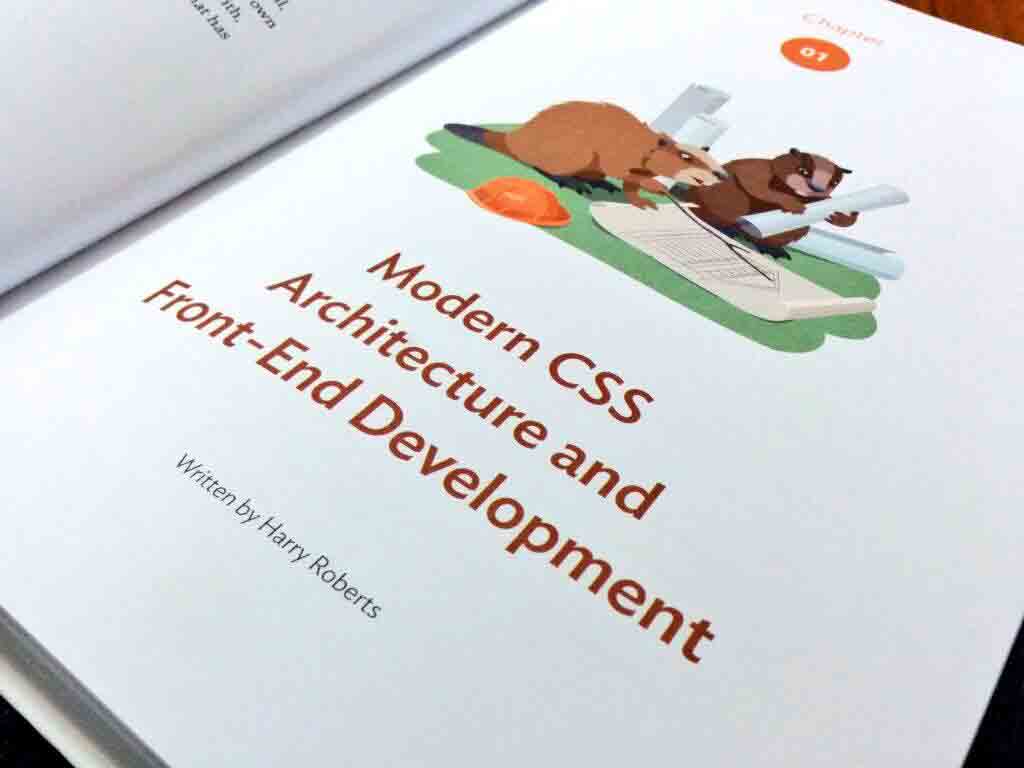By Harry Roberts
Harry Roberts is an independent consultant web performance engineer. He helps companies of all shapes and sizes find and fix site speed issues.
Written by Harry Roberts on CSS Wizardry.
You’ve probably already seen the tweets and the blog posts about—and hopefully already bought and read—the new Smashing Book, but I’m really pleased about it, so I want to add my own to the list.

Photo by Julian Handl.
Earlier this year I was contacted by Vitaly and asked if I’d like to contribute a chapter to Smashing Magazine’s latest book, The Smashing Book 4: New Perspectives On Web Design. I’d never been in print before (not properly, anyway), so I leapt at the chance.
My chapter, somewhat unsurprisingly, covers CSS and front-end architecture, and new, pragmatic, and modern approaches to writing and scaling CSS for today’s Web. It’s the first chapter in a book crammed with stellar insights from people far cleverer than I. I feel honoured to be a part of it.
It’s a big ol’ book—just shy of 500 pages—full of practical insights from some really, really great authors, and—at less than $50—is a total bargain!
Harry Roberts is an independent consultant web performance engineer. He helps companies of all shapes and sizes find and fix site speed issues.

Hi there, I’m Harry Roberts. I am an award-winning Consultant Web Performance Engineer, designer, developer, writer, and speaker from the UK. I write, Tweet, speak, and share code about measuring and improving site-speed. You should hire me.
You can now find me on Mastodon.


I am available for hire to consult, advise, and develop with passionate product teams across the globe.
I specialise in large, product-based projects where performance, scalability, and maintainability are paramount.